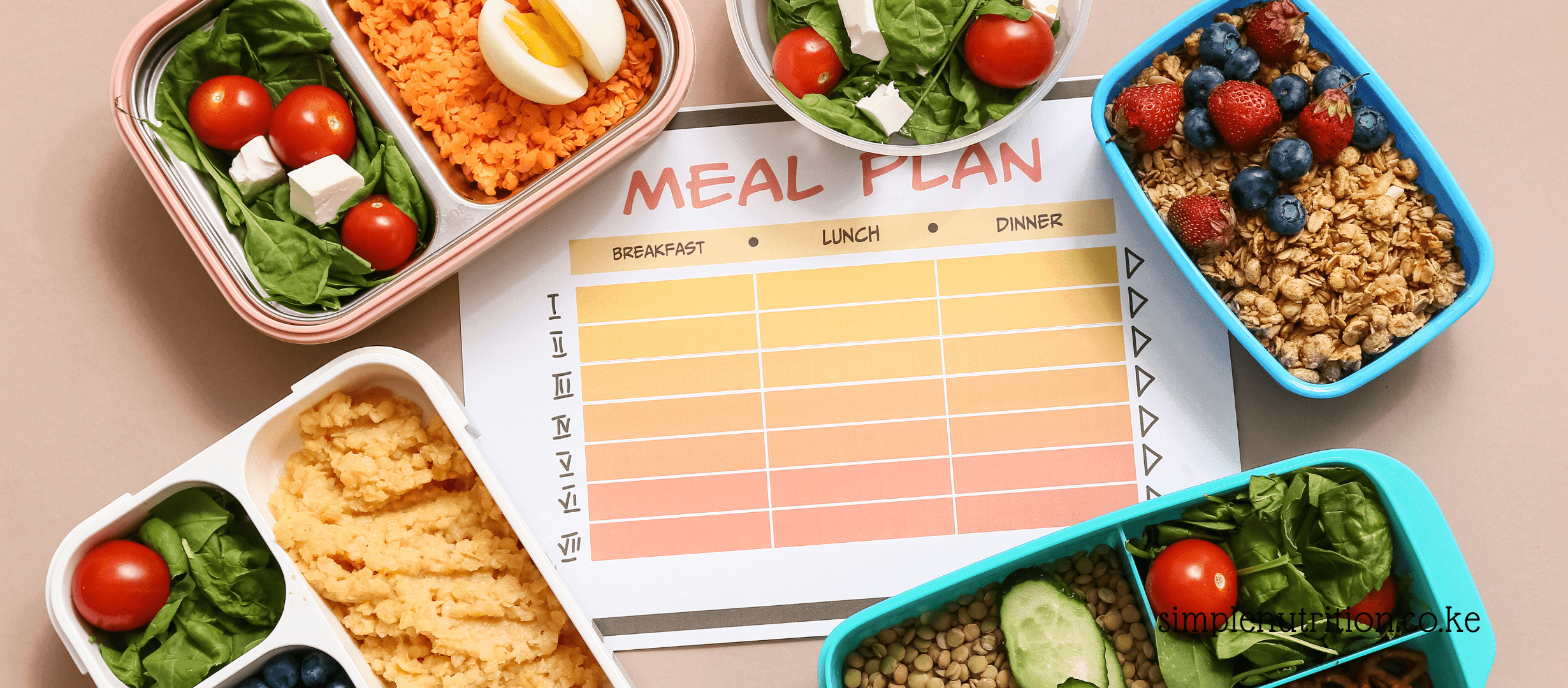Both calorie restriction and a high-protein diet can contribute to weight loss. Calorie restriction creates a deficit, while a high-protein diet can help with satiety and muscle preservation. Combining both approaches may be effective for many people.
What is calorie restriction?
Calorie restriction involves reducing the number of calories consumed to create an energy deficit, promoting weight loss. It can be achieved by consuming fewer calories than the body needs for maintenance, leading to the utilization of stored energy, primarily in the form of body fat.
What’s bad about calorie restriction?
While calorie restriction can lead to weight loss, excessive or prolonged restriction may have potential drawbacks. Some downsides include:
1. Nutrient Deficiency: Severely restricting calories may limit the intake of essential nutrients, leading to deficiencies that can impact overall health.
2. Metabolic Adaptation: Prolonged calorie restriction may cause the body to adapt by slowing down metabolism, making it harder to lose weight over time.
3. Muscle Loss: Extreme calorie restriction can result in the loss of lean muscle mass, which is not desirable for overall health and can affect metabolic rate.
4. Energy Levels: Drastically reducing calories may lead to low energy levels, fatigue, and a lack of motivation, making it challenging to maintain a healthy lifestyle.
How does a high protein diet help with weight loss?
A high-protein diet can aid in weight loss through several mechanisms:
1. Satiety: Protein-rich foods tend to be more filling, promoting a feeling of fullness and reducing overall calorie intake. This can help control appetite and reduce the likelihood of overeating.
2. Thermogenesis: The body expends more energy to digest and metabolize protein compared to fats and carbohydrates. This increase in thermogenesis contributes to the overall energy expenditure, supporting weight loss.
3. Muscle Preservation: Adequate protein intake helps preserve lean muscle mass during weight loss. This is important because maintaining muscle mass is associated with a higher metabolism, aiding in the prevention of metabolic rate decline.
4. Blood Sugar Regulation: Protein can help stabilize blood sugar levels, reducing cravings and promoting better blood sugar control. This can contribute to weight management by preventing spikes and crashes in energy.
5. Fat Burning: Protein can enhance the body’s ability to burn fat for energy, especially when combined with regular physical activity. This can contribute to the overall calorie deficit needed for weight loss.
What’s bad about a high protein diet?
While a high-protein diet can offer various benefits, excessive protein intake or relying solely on protein sources may have potential drawbacks:
1. Kidney Strain: Consuming extremely high levels of protein for an extended period may put strain on the kidneys, especially in individuals with pre-existing kidney conditions. It’s crucial to balance protein intake based on individual health status.
2. Digestive Issues: Some people may experience digestive discomfort, such as constipation or bloating, when consuming very high amounts of protein.
3. Nutrient Imbalance: Focusing too much on protein sources may lead to nutrient imbalances, as other essential nutrients from fruits, vegetables, and whole grains may be neglected.
4. Cost: High-quality protein sources can be more expensive, making a solely high-protein diet less cost-effective for some individuals.
5. Sustainability: Strictly adhering to a high-protein diet may be challenging to maintain in the long term, potentially leading to dietary boredom and difficulty achieving a balanced nutrient intake.
Example of a diet with calorie restriction for weight loss!
An example of a diet with calorie restriction would be a balanced and nutrient-dense plan that reduces overall calorie intake while still providing essential nutrients. Here’s a sample daily meal plan:
Breakfast:
Scrambled eggs with spinach and tomatoes
Whole-grain toast
A small serving of Greek yogurt with berries
Mid-Morning Snack:
Handful of almonds or an apple
Lunch:
Grilled chicken or tofu salad with mixed greens, cherry tomatoes, cucumber, and a vinaigrette dressing
Quinoa or brown rice on the side
Afternoon Snack:
Carrot and celery sticks with hummus
Dinner:
Baked salmon or a plant-based protein source
Steamed broccoli and cauliflower
Sweet potato or a small serving of whole-grain pasta
Evening Snack (if needed):
A small portion of cottage cheese or a piece of fruit
It’s important to tailor the portion sizes to individual calorie needs, considering factors such as age, gender, activity level, and weight loss goals. Additionally, staying hydrated with water throughout the day is crucial.
Example of a diet high in protein!
An example of a diet high in protein might include a variety of protein-rich foods throughout the day. Here’s a sample daily meal plan:
Breakfast:
Greek yogurt parfait with mixed berries and a sprinkle of chia seeds
Scrambled eggs with spinach
Mid-Morning Snack:
Protein smoothie with whey or plant-based protein powder, almond milk, banana, and a tablespoon of nut butter
Lunch:
Grilled chicken or tofu stir-fry with a colorful mix of vegetables (bell peppers, broccoli, snap peas) and quinoa
Afternoon Snack:
Cottage cheese with pineapple chunks or a handful of edamame
Dinner:
Baked fish (such as salmon or cod) with roasted Brussels sprouts and sweet potato
Lentil soup or a side of beans for added protein
Evening Snack (if needed):
Hard-boiled eggs or a small serving of protein-rich Greek yogurt.
Discover more from Simple Nutrition
Subscribe to get the latest posts sent to your email.




good read
Regard Mel
Free Keto Diet Recipes – http://www.ketodietrecipes.co.uk
great post – thanks !!
Download 50 Amazing Keto Recipes –> https://ketodietrecipes.co.uk/
Loved this post – –
Kind Regards Mel
Keto Recipes – https://ketodietrecipes.co.uk/